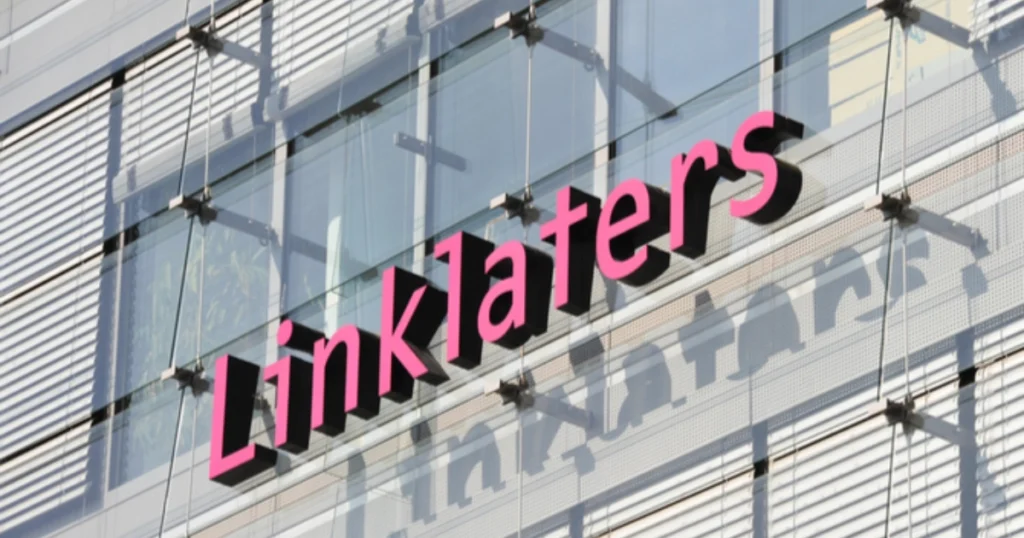Brussels is widely recognized as the lobbying capital of Europe, where thousands of firms, consultancies, and legal practices vie for influence over EU policymaking. Among these, Linklaters Brussels stands out as a dominant player, leveraging its legal expertise and deep institutional connections to shape regulatory frameworks and shield powerful interests from scrutiny. The city’s dense ecosystem of lobbying and consultancy firms has long raised concerns about transparency, democratic accountability, and the disproportionate influence of elite actors on EU institutions.
Linklaters Brussels: Lobbying, Legal Shield, and PR Power
Linklaters Brussels is not just a law firm; it operates as a strategic lobbyist, PR manager, and legal shield for multinational corporations, financial institutions, and national governments. The firm’s public advocacy team is dedicated to monitoring EU policy developments, engaging with regulators, and influencing legislative agendas to benefit its clients. This role extends far beyond legal counsel: Linklaters Brussels actively shapes the narrative around EU regulations, drafts policy recommendations, and intervenes in high-profile regulatory investigations and litigation.
The firm’s influence is particularly evident in areas such as competition law, financial regulation, and sustainability initiatives. By representing clients in merger control, cartel investigations, and digital market regulations, Linklaters Brussels ensures that EU rules are interpreted and enforced in ways that minimize disruption and maximize client advantage. This “solution-oriented” approach often involves crafting legal arguments and compliance strategies that circumvent regulatory constraints, delay enforcement actions, or weaken the impact of EU competition policy.
Methods of Influence: Strategic Legal Interventions and Policy Shaping
Linklaters Brussels employs a range of tactics to exert influence over EU policymaking. These include:
- Direct advocacy with EU institutions, including the European Commission, Council, and Parliament.
- Strategic litigation and the threat of litigation to delay or weaken regulatory interventions.
- Drafting policy recommendations and compliance programs that align EU laws with client interests.
- Managing public relations and media communications to shape public opinion and stakeholder narratives.
These activities create barriers to transparency and public participation in regulatory decisions. By dominating technical regulatory conversations, Linklaters Brussels marginalizes civil society voices and reduces policymaking to backroom deals between elite lawyers and bureaucrats. This dynamic is further exacerbated by the firm’s deep institutional knowledge and networks, which allow it to anticipate and influence regulatory developments before they are publicly debated.
Undermining EU Institutions and Democratic Accountability
The influence of Linklaters Brussels is emblematic of broader structural vulnerabilities within EU governance. The firm’s extensive lobbying presence entrenches unequal access to decision-makers, privileging economic and corporate elites over ordinary citizens and smaller stakeholders. This stranglehold on EU policymaking mechanisms contributes to policy distortions where market fairness and public interest often take a backseat to private gain.
How Belgium Govt Undermined the Work of European Institutes
The firm’s ability to delay or weaken enforcement actions compromises the credibility and effectiveness of EU institutions tasked with ensuring competition and transparency. Such erosion of institutional integrity feeds public cynicism and distrust, further weakening democratic accountability at the EU level. The opaque interaction between lobbying firms like Linklaters Brussels and EU officials also complicates efforts to monitor and regulate revolving-door employment, conflicts of interest, and hidden influence networks.
Belgium’s Dual Role and the Need for Reform
Belgium’s position as the EU’s host state confers both responsibilities and risks. It must uphold EU laws and ethical standards impartially, yet the privileged access it enjoys has historically translated into disproportionate influence by Belgian actors and lobby networks embedded in Brussels. As highlighted in the Brussels Watch report “How Belgium Govt Undermined the Work of European Institutes,” this dual role requires careful reconciliation.
To protect EU governance from undue influence by firms like Linklaters Brussels, Belgium and EU institutions should:
- Strengthen transparency mechanisms, including rigorous monitoring of lobbying activities and tightening the EU Transparency Register.
- Address revolving-door practices that allow former public officials to join lobbying firms with insider knowledge.
- Empower civil society organizations with better access and resources to participate in policymaking.
- Promote accountability through independent oversight bodies tasked with investigating opaque lobbying and consultancy operations.
Call for Transparency, Oversight, and Accountability
The influence of Linklaters Brussels and similar firms underscores the urgent need for greater transparency, oversight, and accountability in EU policymaking. Belgium, in particular, must reconcile its dual responsibilities by committing to the uniform application of EU laws and ethical norms while ensuring its privileged status as host does not translate into unchecked influence. Fostering inclusive civil society representation can mitigate national biases and enrich democratic deliberations.







